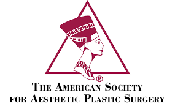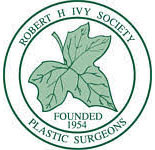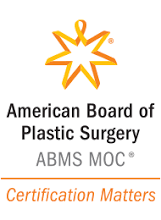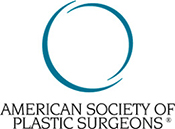Can Lifestyle Factors like Diet and Exercise Impact Hair Restoration?
Your hair is an essential aspect of your appearance. If you’re concerned about hair loss or balding, advanced hair restoration treatments are available to help you combat male pattern baldness, thinning hair, receding hairline, or bald patches. But what is hair restoration, and what factors impact it?
Hair Restoration Improves the Appearance of Hair
Hair restoration is a medical procedure that involves restoring hair growth in areas where hair loss or thinning has occurred. The process involves transplanting hair follicles from a donor area on the scalp to the balding or thinning area. The transplanted hair follicles will then grow naturally in the new location, resulting in a fuller and more natural-looking head of hair. Hair restoration can help improve the appearance of hair and boost self-confidence. It is typically done through hair transplantation, but other methods, such as medications or low-level laser therapy, may also be used.
Diet and Exercise Impact Hair Restoration Results
Lifestyle factors such as diet and exercise can impact hair restoration. For example, a healthy diet rich in vitamins and minerals, especially those that support hair health, such as biotin, zinc, and iron, can help promote hair growth and improve the overall health of your hair. Exercise can also help improve blood flow and circulation, supporting healthy hair growth.
Some other factors that can impact hair restoration include the following:
- Age: Hair restoration tends to be more effective in younger people as they have better hair growth potential.
- Type of hair loss: The cause of hair loss can impact the effectiveness of hair restoration. Hair restoration works best for male or female pattern baldness, as they have a stable donor area with healthy hair follicles.
- Health conditions: Certain conditions, such as autoimmune disorders, thyroid problems, and scalp infections, can affect hair restoration success.
- Medications: Some medications can cause hair loss or replace hair restoration treatments.
- Other lifestyle factors: Smoking and excessive alcohol consumption can negatively impact hair restoration.
Tips For Hair Restoration
Dr. Heil’s first tip for the best hair restoration results is to follow the post-treatment instructions provided by your doctor. This is crucial for the success of the hair restoration procedure and may include avoiding certain activities or medications and taking care of the transplanted hair follicles.
Some other tips include:
- Be patient: Hair restoration is a gradual process, and it may take several months to see noticeable results.
- Consider additional treatments: In addition to hair restoration procedures, other treatments can help promote healthy hair growth, such as medications, low-level laser therapy, and scalp micropigmentation.
- Protect your hair: Protect your hair from damage by avoiding harsh chemicals, excessive heat, and tight hairstyles that pull on the hair.
- Manage stress: Stress can contribute to hair loss, so it’s essential to manage stress through relaxation techniques such as meditation, yoga, or deep breathing exercises.
Hair Restoration at Premier Plastic Surgery
If you’re experiencing hair loss or balding, advanced hair restoration treatments are available at the Center for Hair Restoration, such as ARTAS and VERO. Dr. Brian Heil can help you have a thick, healthy head of hair, even if you have a genetic predisposition for hair loss. Your hair is an important feature; we can help you restore it to its former glory.















